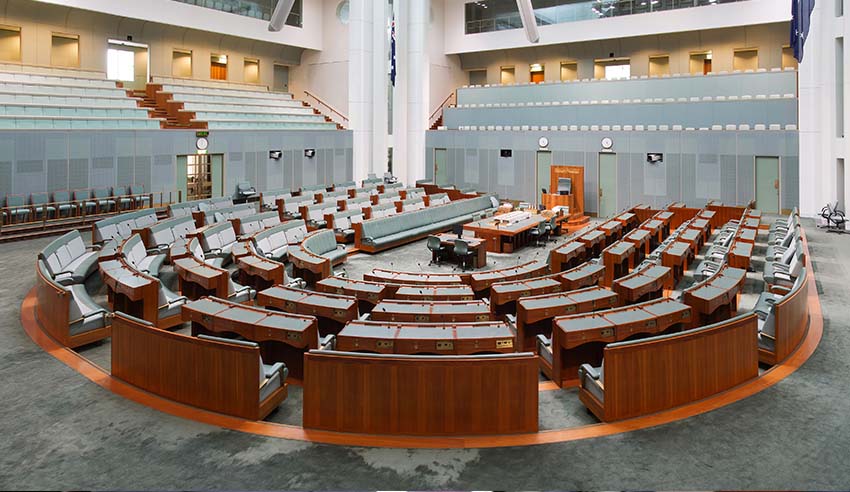Changes to legislation – in the wake of the Christchurch terrorist attack – require proper consultation and must be fair and effective, according to a national advocacy body.

The Criminal Code Amendment (Sharing of Abhorrent Violent Material) Bill was earlier announced as a reaction to the horrific Christchurch terrorist attacks, which were streamed live across social media, and was yesterday passed by Parliament.
But while ensuring that social media “is not weaponised to promote hatred and violence”, the legislation does not intend to crack down on online hate speech that incites violence, and should not be rushed through Parliament, according to the Law Council of Australia.
“Making social media companies and their executives criminally liable for the livestreaming of criminal content is a serious step which requires careful consideration. Furthermore, the legislation should not absolve government taking steps to prevent crimes being livestreamed,” LCA president Arthur Moses SC said.
Law enforcement agencies must work with social media companies to develop intelligence sharing protocols to assist in detecting livestreaming that is broadcasting violent or criminal content, he continued.
“As we know, laws formulated as a knee-jerk reaction to a tragic event do not necessarily equate to good legislation and can have myriad unintended consequences,” Mr Moses said.
“Whistleblowers may no longer be able to deploy social media to shine a light on atrocities committed around the world because social media companies will be required to remove certain content for fear of being charged with a crime. It could also lead to censorship of the media, which would be unacceptable.”
Imposing penalties on companies based on their annual turnover rather than by reference to a maximum set of penalties was “problematic and could lead to difficulties with sentencing, with companies to be punished by reference to their size rather than the seriousness of their breach”, Mr Moses continued.
“This would be bad for certainty and bad for business. It could have a chilling effect on businesses investing in Australia. We also need to be sensible when working on these offences and not demand of social media companies what they cannot reasonably be expected to do,” he said.

Jerome Doraisamy is the managing editor of professional services (including Lawyers Weekly, HR Leader, Accountants Daily, and Accounting Times). He is also the author of The Wellness Doctrines book series, an admitted solicitor in New South Wales, and a board director of the Minds Count Foundation.
You can email Jerome at: